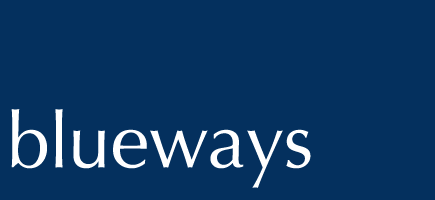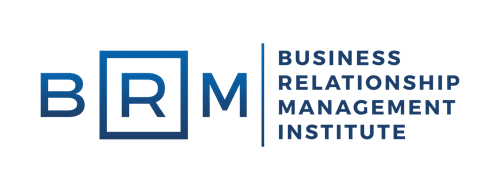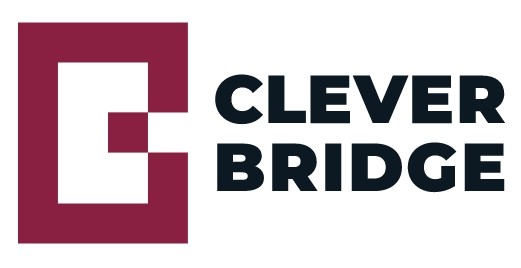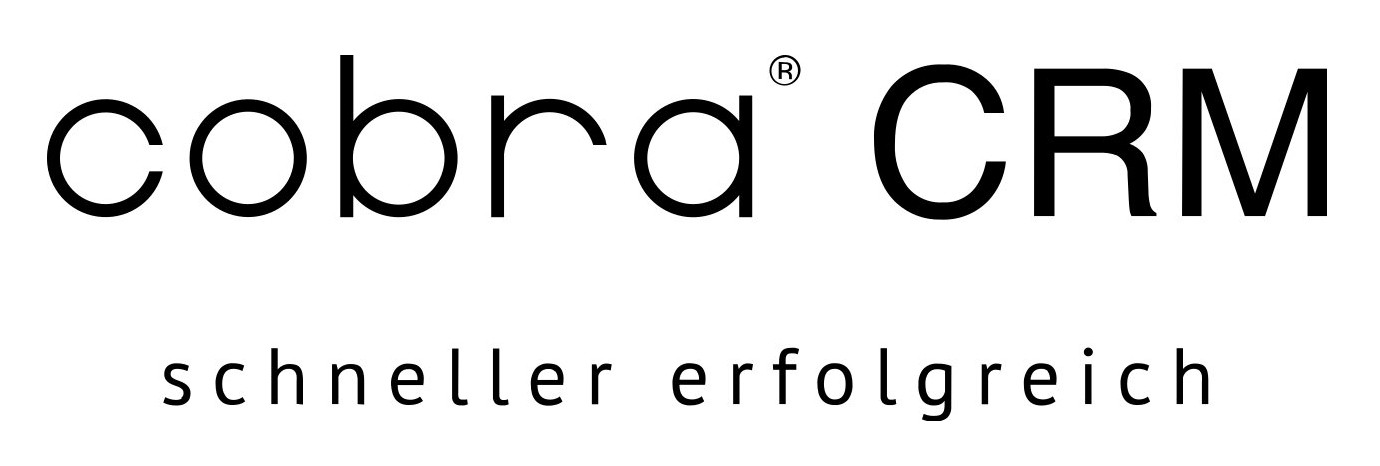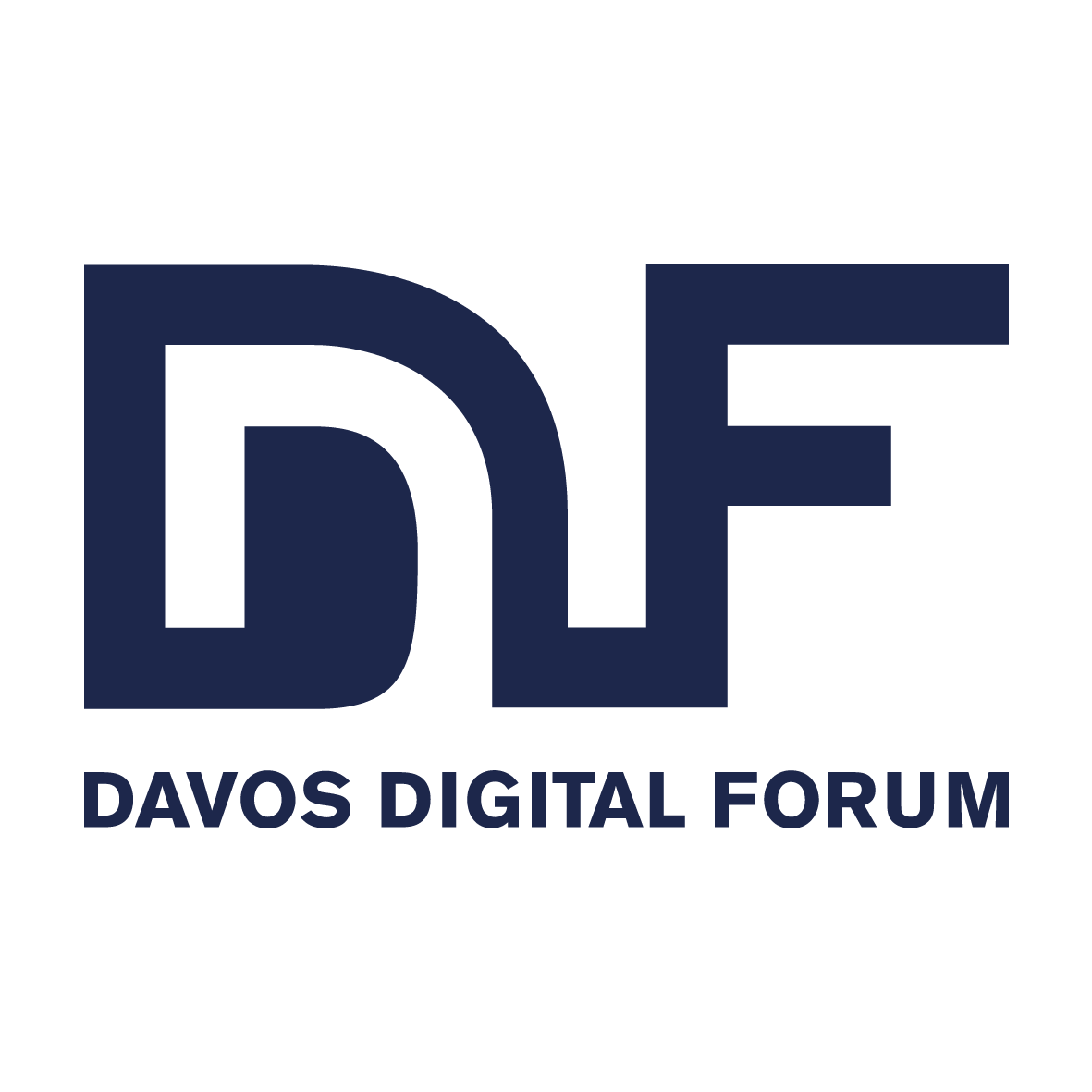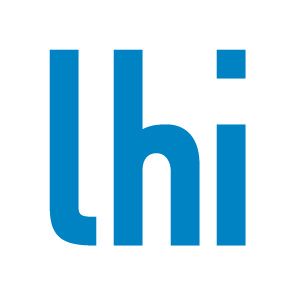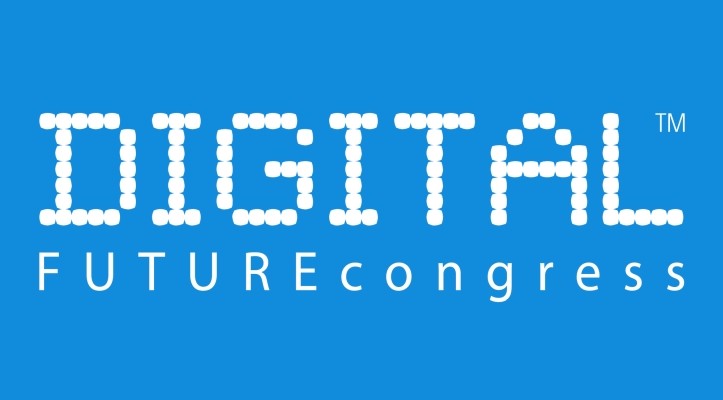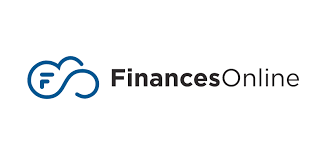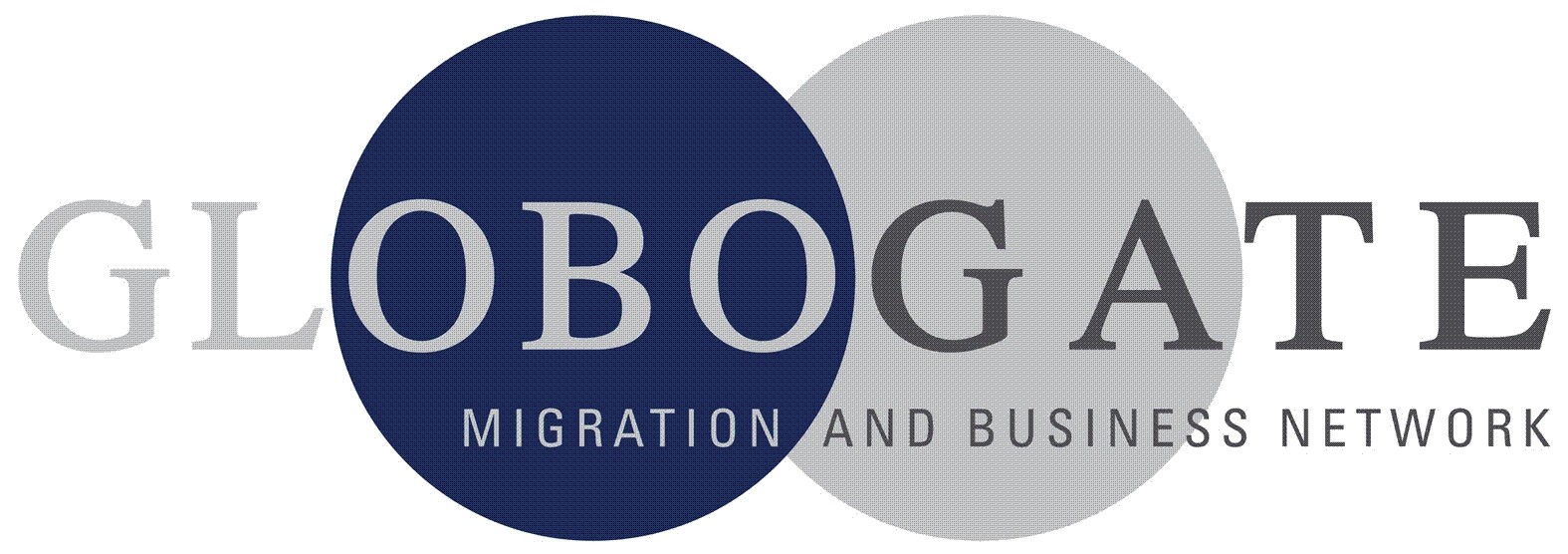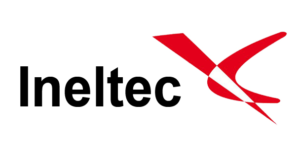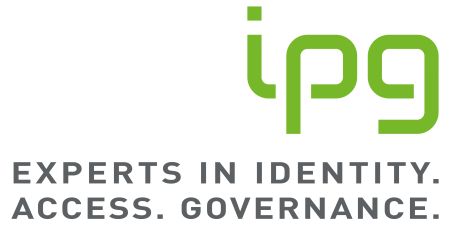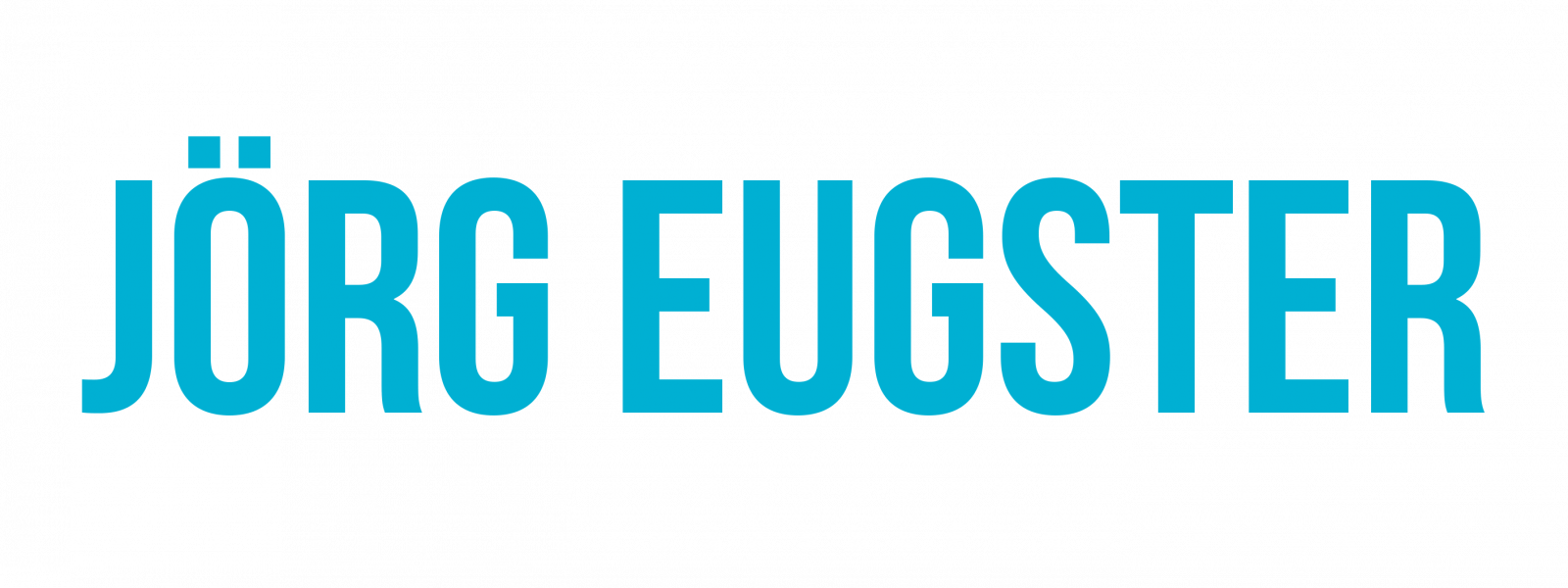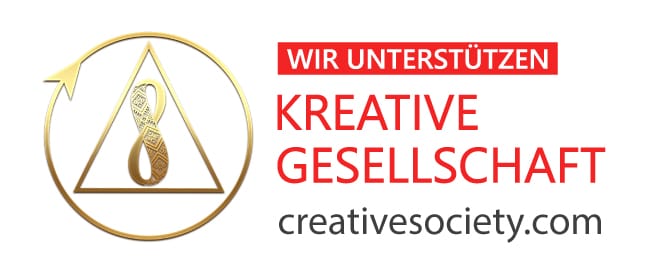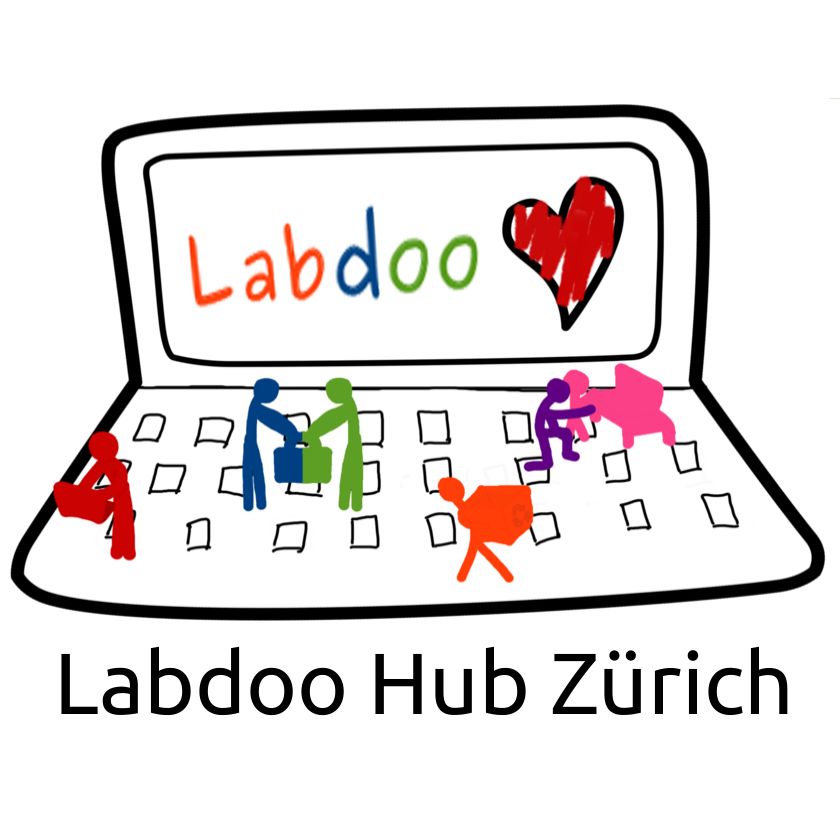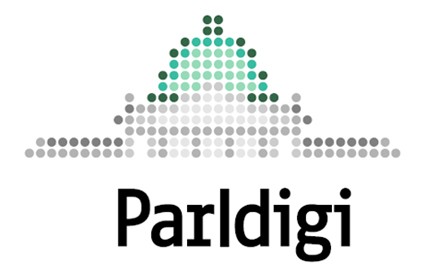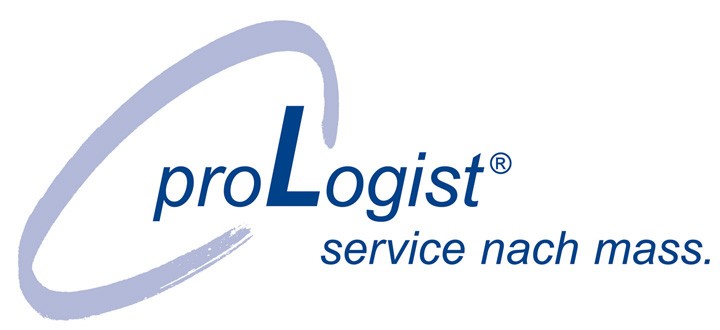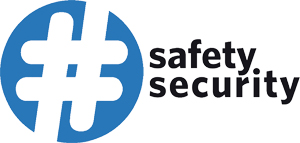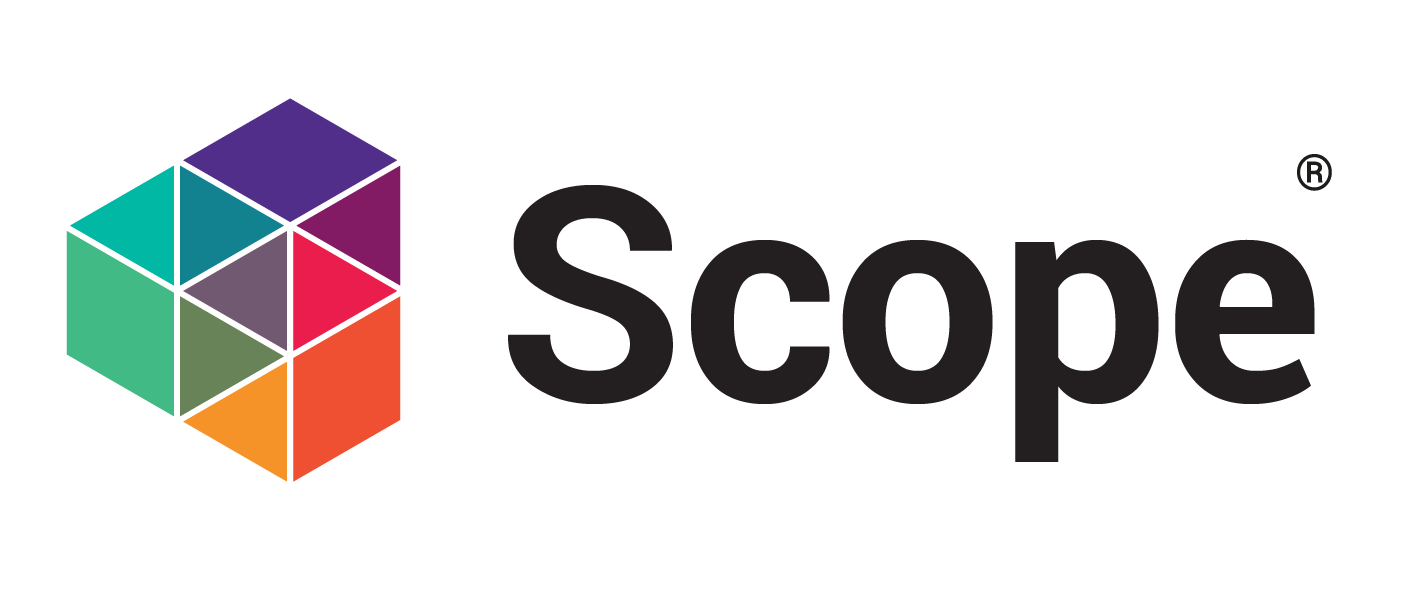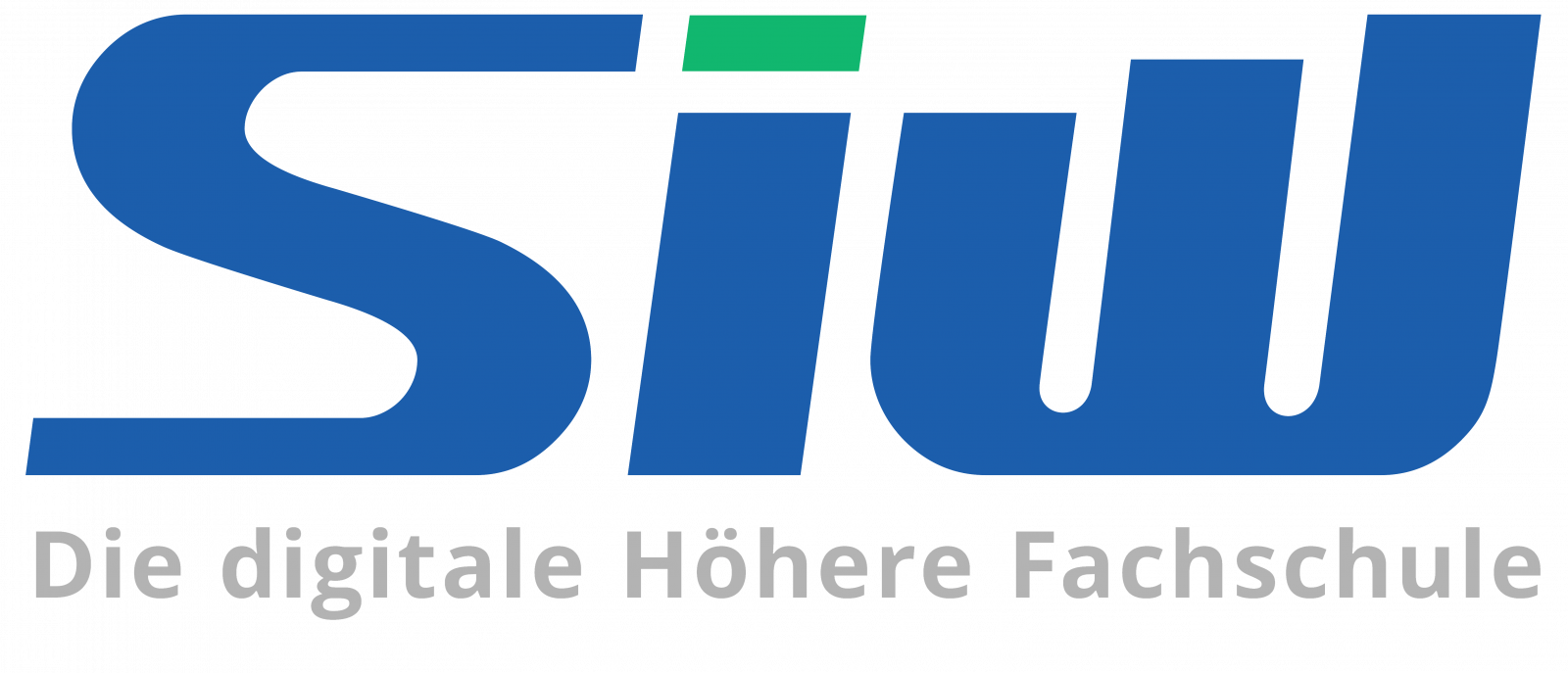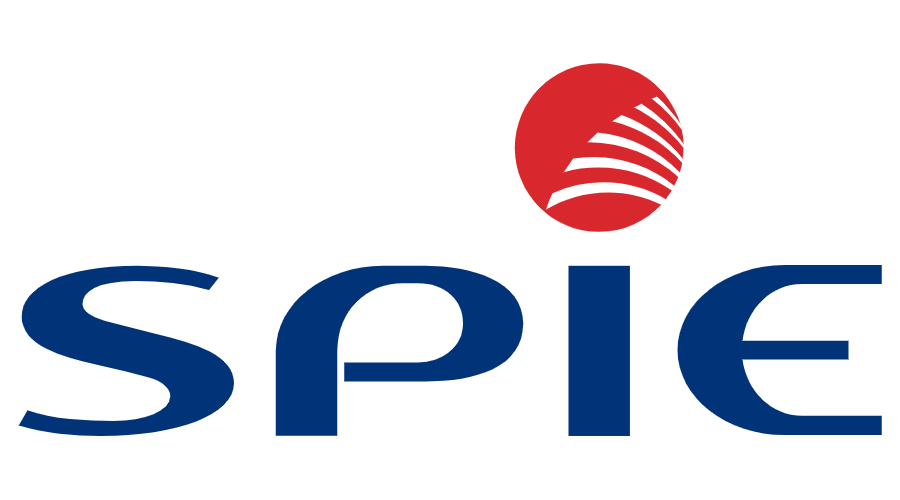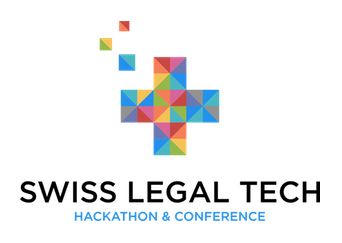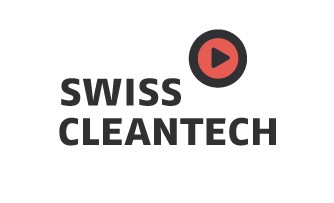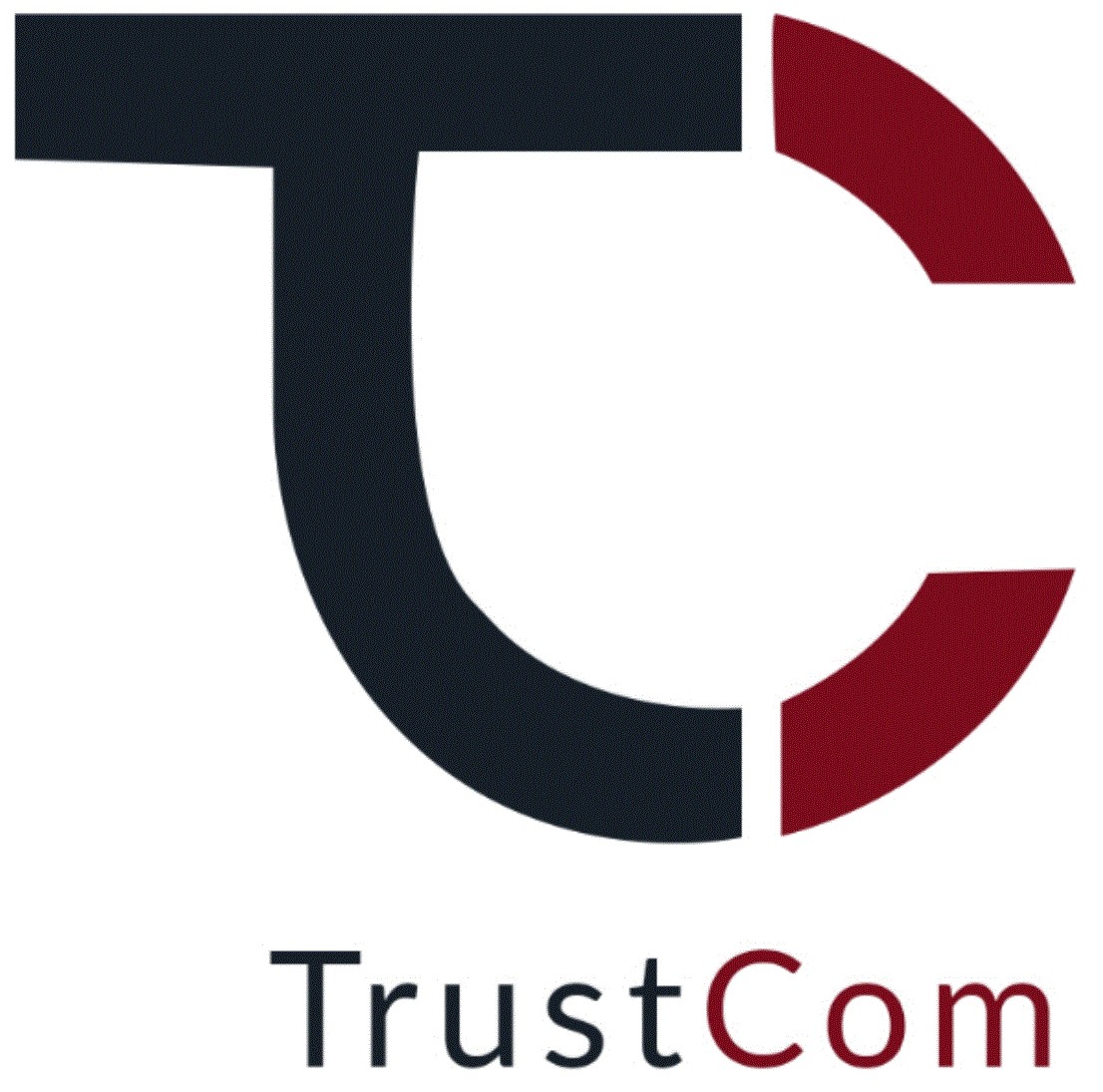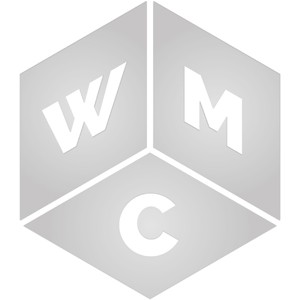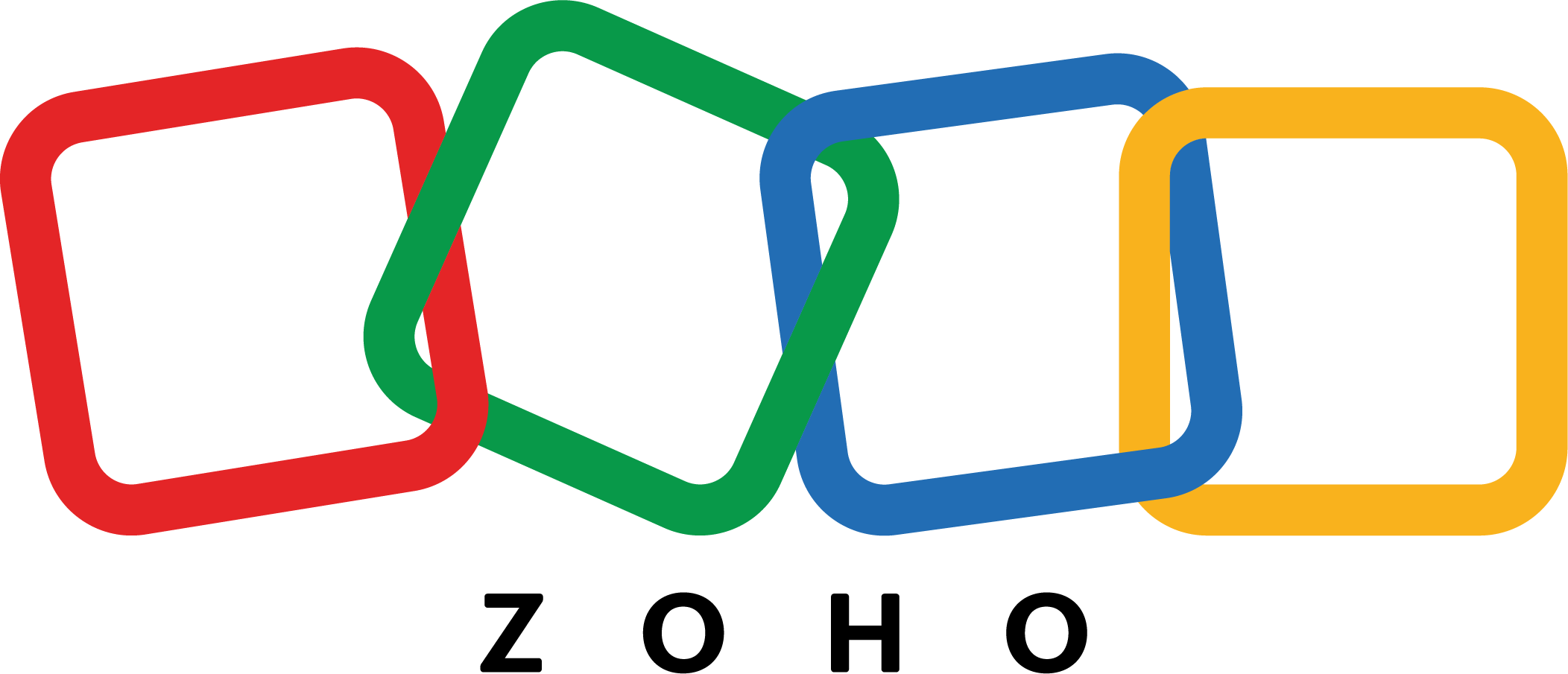Mastering Humanities Grand Challenges
Since about “The Limits to Growth” report in the early 70ies, we know that our economy is not sustainable and that societal and economic collapse in the 21st century is a realistic possibility, at least according to a large number of experts (even though the discussion is still on-going and controversial). The proposal of the business world to handle the sustainability problem was largely based on globalization, liberalization, and free global trade. However, those measures have almost reached their limits, and sustainability challenges are still huge, as the debates on climate change and water scarcity show. Moreover, there is a serious distribution problem of resources. Some countries suffer from obesity, while others suffer from hunger. Hence, the United Nations has called for urgent action under labels such as “Agenda 2030” and “Sustainable Development Goals”.
To achieve these goals, many have proposed a data-driven and AI-controlled approach. When resources are expected to fall short, it is proposed that one needs to know exactly where all resources are located and who is using them. Furthermore, one should be able to steer the use of all these resources. The data would be centrally collected and an optimal plan worked out by means of a “world simulator”, which is based on detailed digital doubles of everyone (an example is the “Sentient World” simulation). Moreover, people’s behavior would then be steered by nudging or neural manipulation, and deviations from the desired behavior would be punished, as known from the “Chinese” Social Credit System or Citizen Score. (Note that the British secret services CHGQ has developed a similar program under the name “Karma Police”, an extension of Predictive Policing approaches.)
This approach has been widely criticized as totalitarian. Not only does mass surveillance violate the human rights of privacy and human dignity. Behavioral experiments with humans and social engineering without well-informed consent is as problematic as most digital methods of propaganda and censorship. An AI system that proposedly acts like a “benevolent dictator” and applies predictive policing to punish deviations from imposed conformity shares elements of fascist systems. Moreover, by means of constructed dilemma situations such as “trolley problems”, some experts are trying to establish new ethical principles for “moral machines”, which undermine the equality principle on which many societies are based. Research shows that autonomous systems judging over humans might discriminate certain people (e.g. women or people of color, elderly, poor or ill people), and they may relativize human rights. Some researchers have even started thinking about AI systems for euthanasia in an unsustainable world. In other words, something like a digital holocaust is conceivable, if autonomous systems are used against people.
As an alternative approach, we have recently developed concepts that go beyond open data, open source, open access, open innovation, making, crowd sourcing and citizen science. These concepts include global systems science and a network of digital hubs (“digital lab”), peace rooms, digital empowerment, data platforms enabling informational self-determination, democratic capitalism, digital democracy, City Olympics, participatory resilience, socio-ecological finance, participatory sustainability, and open source urbanism. Here, co-learning, co-ordination, co-operation, and co-evolution are the expected success principles to benefit our economy and society. Unleashing collective intelligence would boost societies, combinatorial innovation would fuel the economy, and digital assistants would empower people. Most of these concepts are shortly described in some detail below, and links to articles are provided.
Source and the complete article: blogspot.com






















